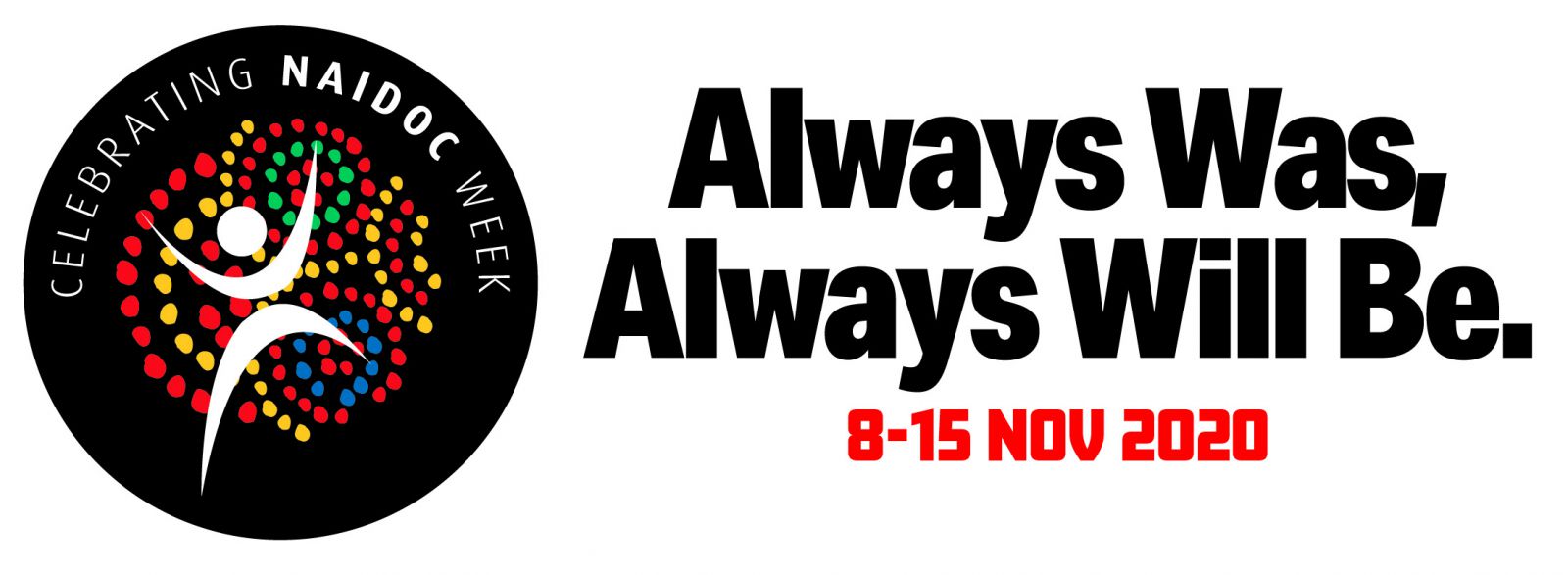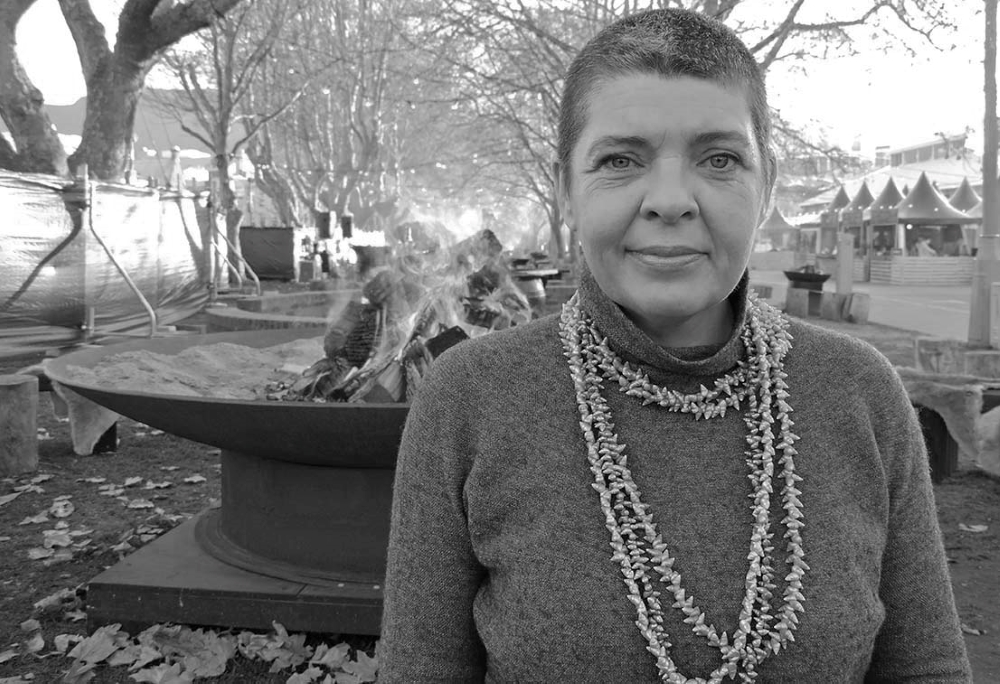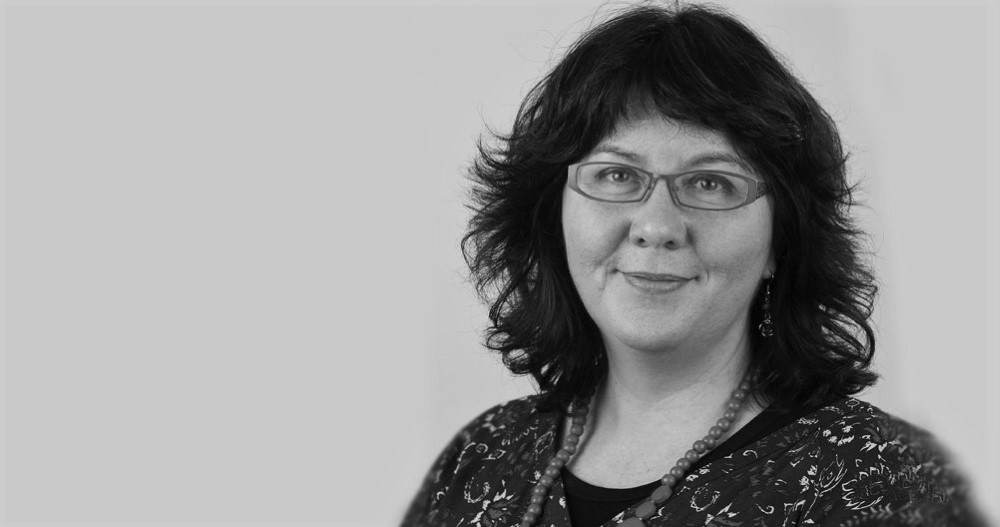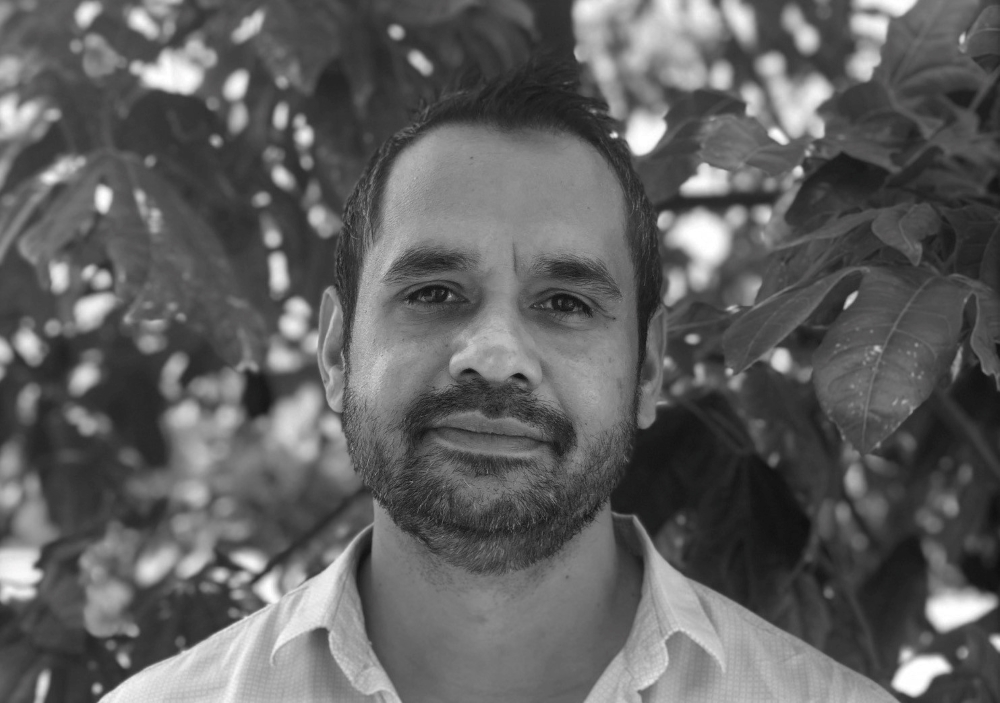Three researchers reflect on their work with Aboriginal and Torres Strait Islander communities

NAIDOC Week celebrations are held across Australia to celebrate the history, culture and achievements of Aboriginal and Torres Strait Islander peoples.
As a contribution to the celebration of history, culture and achievements of Aboriginal and Torres Strait Islander peoples that is NAIDOC Week 2020, Wiley recently interviewed a number of researchers to see what led them to work with Aboriginal and Torres Strait Islander communities, the opportunities their research brings to communities, and what this year’s NAIDOC Week theme — ‘Always Was, Always Will Be’ — means to them.
Introducing Dr Emma Lee

Dr Emma Lee
Aboriginal and Torres Strait Islander Research Fellow, Adjunct Lecturer
Centre for Social Impact, Swinburne University of Technology
Dr Emma Lee is a trawlwulwuy woman of tebrakunna country, north-east Tasmania.
As an Aboriginal researcher, Dr Lee’s fields of work are ‘anchored in country and all the threads and parts that allow me to care for it’. She often publishes under the authorship of ‘tebrakunna country and Lee, E.’ to denote country as a co-author and to signal an Indigenous practice of centring identity connected to place.
‘I work in land and sea governance and management, policy and regulatory environments, and social impacts of Indigenous-led regional development.
My current research is focused on establishing a market for cultural fisheries in Tasmania, where we are able to use our cultural strengths and assets of connections to sea country to build strong and healthy communities alongside sustainable business.’
Country and research has also led Dr Lee into democracy, voice and self-determination projects. She is a sitting member to the National Co-Design Group, Australian Government, for developing models for a Voice to Parliament.
‘It is of the highest honour to engage with this level of public service and build on the many Indigenous, and other Australian, voices who are creating the good negotiating environment that allow for transparent, inclusive and diverse democracy.’
Introducing Professor Catherine Althaus

Professor Catherine Althaus
University of New South Wales, Canberra, and the Australian and New Zealand School of Government
Professor Catherine Althaus’ current research includes projects relating to Torres Strait Islander leadership, the management of community grief, place-based policymaking and reimagining Weberian bureaucracy.
Her father lived with and taught Aboriginal children in Far North Queensland.
‘I was one of the non-Indigenous folks … who was afraid to say or do anything in case I got things wrong.
That all changed 15 years ago after listening to the stories of Aboriginal leadership that I heard from a Commonwealth Aboriginal public servant.
From then on, I started working with Indigenous public servants across Canada, Australia and Aotearoa-New Zealand to make space for their stories to be heard and their lessons imparted.
I am on a continuing journey of working as a non-Indigenous woman to progress the ideas and lessons of Indigenous public administration’.
Introducing Dr Michael Doyle

Dr Michael F. Doyle
Wingara Mura Senior Research Fellow
Centre of Research Excellence in Indigenous Health and Alcohol, The University of Sydney
Dr Michael Doyle is a Bardi man from the Kimberley Region of Western Australia.
Dr Doyle’s work is focused on alcohol and other drug treatments for Aboriginal and Torres Strait Islander men involved with the criminal justice system.
One of his current research projects is on alcohol dependent patients and the criminal justice system which examines the opportunities for, and the current provision of, treatment for alcohol use disorders by prison health services. It is a project he is undertaking in partnership with the Justice Health and Forensic Mental Health Network of New South Wales.
Dr Doyle has a long standing interest in prison health as he described during his interview with Wiley:
‘I have had many family members go into and be released from prison. I know the family and friends of people who have died in custody. I also know too well, what social dysfunction can arise from heavy consumption of alcohol or use of illicit drugs, and that already poor health can be made worse by alcohol and other drug use.
This may sound a bit depressing, but I find a sense of purpose from working to improve access to quality help for alcohol and other drug use.
My hope is to help both reduce harms from imprisonment and reduce harms from substance use, and I am deeply committed to continue my research.’
The significance of NAIDOC week, and the theme ‘Always Was, Always Will Be’
The theme of NAIDOC Week resonates strongly with these researchers.
For Dr Emma Lee, NAIDOC has always been important. She purposefully began her PhD journey in 2013 to coincide with NAIDOC Week and remind herself that generations of Elders and communities have tirelessly worked to open education up to all Indigenous people.
‘NAIDOC Week helps guide my thoughts and research as to what our communities need to make ourselves strong and complete in our caring for country.
I love this year’s theme, Always Was, Always Will Be, and remember I was in Sydney in the first time I heard our beautiful rallying cry.
That seems so appropriate, given the sacrifices the peoples of Sydney country made on our behalf as the first defenders of country and peoples against our colonisation.’
For Professor Althaus said that this year’s NAIDOC Week theme speaks to her of ‘the enduring nature of Aboriginal and Torres Strait Islander leadership and its continuing relevance today and into the future’.
‘Their strength and resilience is incredible.
Just like country, their deep power sustains this place we call Australia.
I passionately want Australia to recognise this and to progress tangible action that acknowledges the Makaratta process they have asked us as a nation to follow.’
And Dr Doyle underlined just how powerful ‘Always Was, Always Will Be‘ is as a statement:
‘It tells everyone that the place of Aboriginal and Torres Strait Islander people always was and always will be here in our homeland, Australia.
A sense of belonging is important for mental and spiritual health, and affirming this can help oneself, one’s family and members of the community feel strong and connected. This is even more important during a pandemic when people are social distancing and with travel restrictions that mean we can’t visit family who live in another part of the country.
NAIDOC is a special time for all Australians and we should celebrate Aboriginal and Torres Strait Islander culture and heritage together.’
The Big Opportunities Arising from the Research
Dr Emma Lee relies heavily on the use of Indigenous methodologies — ‘the ways of knowing and doing within our Indigenous lifeworlds’ — as a tool ‘to both promote our knowledge systems as necessary to improve the mainstream academia and to decolonise the institutions and structures that cause us colonising harm’.
‘When our voices and knowledges are paired together for good governance … then there is a legitimate and strong basis for government policy and regulation to account for our contributions, innovation and positive economic social impacts that expand the potential for regional development’.
For Professor Althaus self-determination is a right of Aboriginal and Torres Strait Islander peoples and communities.
‘The opportunities that self-determination provide is broader than for these communities alone. Aboriginal elders speak of wanting to gift all of Australia with lessons from their wisdom and lived traditions.
I strongly believe the future of Australia rests on listening closely to Aboriginal and Torres Strait Islander peoples and responding respectfully to what they can teach everyone.’
And Dr Doyle reflected how having a partner go into prison makes life far more difficult for the family in the community.
‘If these men … were better able to address their alcohol and other drug use problems, they may be less likely to go to prison and more likely to be at home to help care for their children.
The challenge is to support these men and their families to make changes in their life, by offering the best possible alcohol and other drug treatment services.
There are so many opportunities for these men if they can sustain a change, particularly if they can hold a job and help provide for their families.’
The ‘Always Was, Always Will Be’ research collection is free to access
Wiley has brought together a collection of over 80 research papers from its stable of journals as contribution to NAIDOC Week.
The collection includes Dr Emma Lee’s 2015 paper on protected areas, country and value, Professor Catherine Althaus’ 2020 paper on different paradigms of evidence and knowledge, and Dr Michael Doyle’s 2020 paper on the onset and trajectory of alcohol and other drug use among Aboriginal men entering a prison treatment program.
The full collection, and transcripts of the full interviews with these researchers and many others, can be accessed from Wiley’s NAIDOC 2020 website.
The ‘Always Was, Always Will Be’ Collection spans the fields of:
- Archaeology and Anthropology
- Geography, Ecology and Environment
- Medicine
- Mental Health and Addiction
- Nursing Dentistry and Healthcare
- Social Policy, Politics and Economics.
